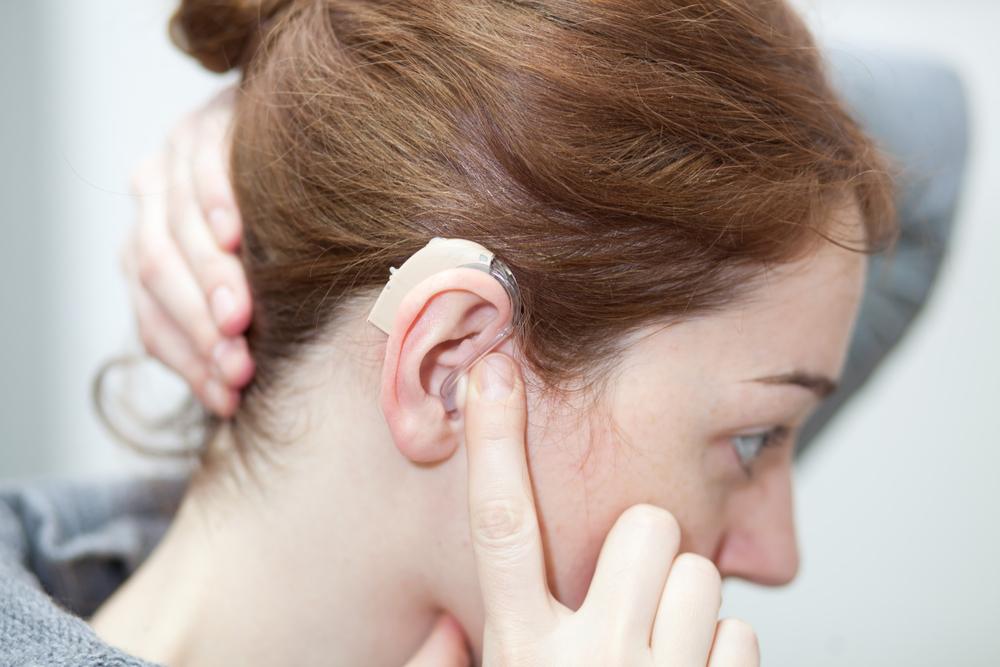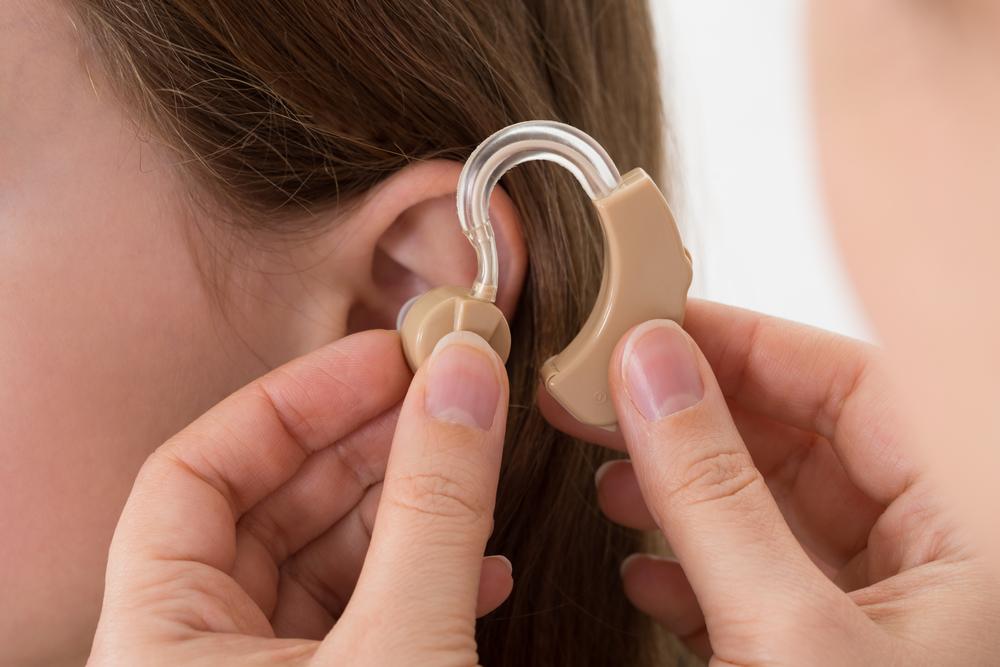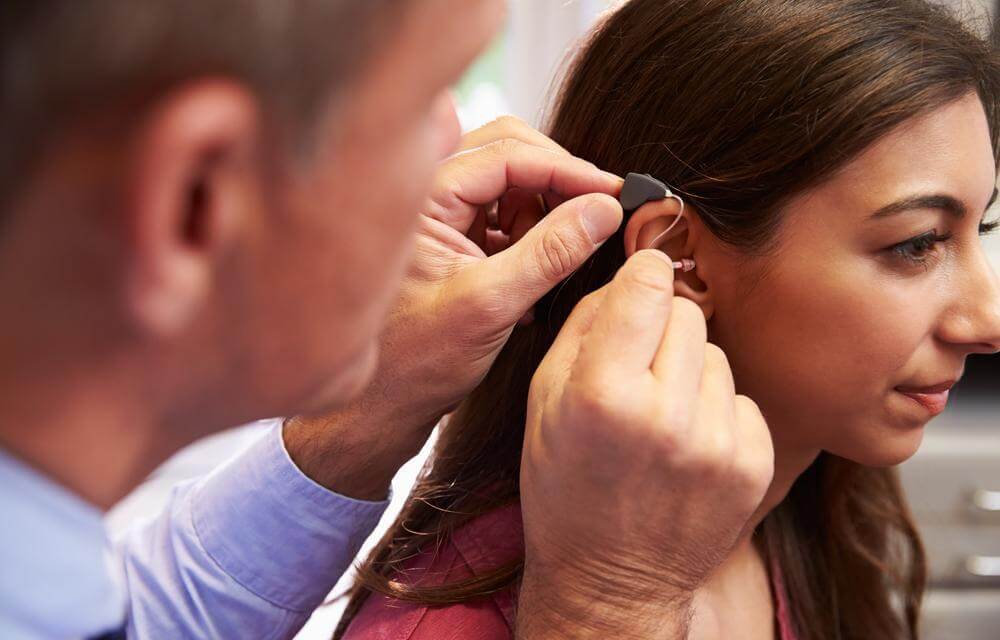Essential Tips for Selecting the Right Hearing Aid
Learn essential tips for choosing the right hearing aid, from expert consultations and medical history to device styles and realistic expectations. This guide helps individuals make informed decisions to improve their hearing health effectively and comfortably.

Essential Tips for Selecting the Right Hearing Aid
Many individuals face hearing challenges but may be unaware or hesitant to seek help. Hearing impairment is a serious condition that often requires prompt attention. Fortunately, most cases can be improved without surgery through proper devices. Hearing aids are externally worn devices that help amplify sound and improve hearing clarity. Today’s market offers a variety of brands and styles tailored to different needs.
Always consult a qualified healthcare professional before choosing a hearing aid. Here are key factors to consider:
Hearing Assessment
Undergoing a comprehensive hearing test is crucial. Hearing loss varies among individuals, affecting both ears differently. An audiologist’s evaluation helps determine the appropriate device power and fit.
Prioritize Your Needs
Once advised, recognize the importance of using a hearing aid. Make necessary lifestyle adjustments, such as avoiding exposure to loud noises and earphone use, to optimize results.
Seek Multiple Expert Opinions
Consult various specialists to understand your condition better. They can recommend suitable brands and styles, especially as technology advances towards smaller, more discreet models.
Review Your Medical History
Share full details of past surgeries and medications. This information assists in diagnosing the root cause of hearing loss and informing treatment options.
Explore Device Options
Hearing aids come in different types: ITE, BTE, CIC, Mini CIC, and ITC. Review these options to select the most comfortable and effective model for your needs.
Set Realistic Expectations
Understand that some hearing loss may be permanent. Modern devices are highly effective but may not fully restore hearing to pre-loss levels.
Maintain an Open Mind
Contemporary hearing aids are sleek and compact. Embrace new technology and styles that can seamlessly integrate into daily life.
Build Support System
Having family or loved ones involved can ease the emotional and practical challenges of adapting to hearing aids.










